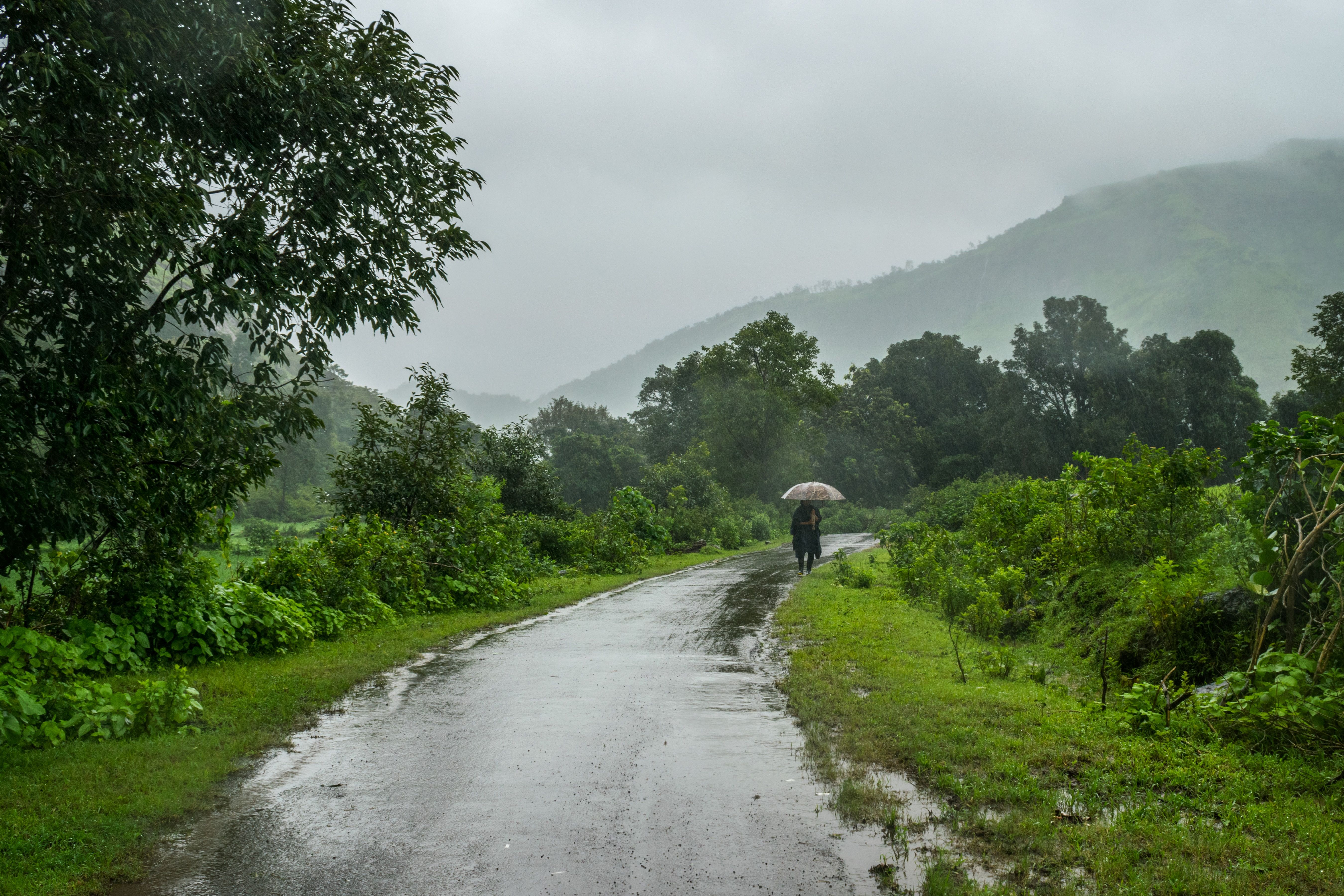
Wushan YING
Monsoons are defined as seasonal transitions of atmospheric circulation and precipitation regimes. They affect the lives of approximately half of the world’s population from developing and least-developed countries (which also are some of the most densely populated regions of the world) in many aspects, like water availability, agriculture, and food security.
As a complex system that is highly impacted by atmospheric-ocean-land-ice interactions, monsoons represent a major annual mode of variability in the tropics and extra-tropics, such as in the Eastern Asia, where anomalies could cause huge economic and property loss. In recent years, several monsoon regions around the world have experienced record-breaking rainfall. Notable events include the heavy rainfall in Henan, China, in 2021 and the extreme precipitation in Pakistan in 2022, (State of the Climate 2021; State of the Climate 2022). In the past summer, both Japan and Northern China faced extreme precipitation events linked to tropical cyclones (up to 500 mm of rainfall in 24 hrs; July 2023 Global Climate Report | National Centers for Environmental Information (NCEI) (noaa.gov)), a dominant driver of such extremes during the monsoon season.
The pressing question in this regard is: will the intensity of these extreme rainfall events increase in the future?
The IPCC AR6 suggests an affirmative, but there is still large uncertainty (IPCC 2021), indicating a continued need to better understand monsoons' multiscale mechanisms.
WCRP has long focused on monsoon research through its core projects ‘Climate and Ocean- Variability, Predictability, and Change’ (CLIVAR) and ‘Global Energy and Water Exchange’ (GEWEX) and their joint Monsoons Panel. The Monsoons Panel explores a global view of monsoon activities, enabling knowledge and best practices to be shared between the various monsoon regions. It attempts to better coordinate monsoons' research between GEWEX and CLIVAR, particularly in emphasizing the role of convection and of the land surface in monsoons, in addition to ocean-atmosphere interactions. This panel has three regional work groups—Asian-Australian, African, and American monsoons -- which are leading regionally focused monsoon research in each of the three areas of the globe. Moreover, the Monsoons Panel strives to integrate advanced monsoon predictions across diverse sectors and deliver this knowledge of monsoons to the wider community.
The monsoon research activities within WCRP have been further strengthened by the support from World Weather Research Programme (WWRP) and the Indian Institute of Tropical Meteorology (IITM) through the International Monsoons Project Office (IMPO), in Pune, India, established in 2021.
Presently, the Monsoons Panel is organizing a series of webinars with the support of WCRP, WWRP, and IMPO. These webinars aim to share advancements in research and operations related to global and regional monsoon activities. The series commenced this year, with the first webinar held on 13 September 2023 (Monsoons Panel Webinar Series). It focused on the Global Monsoon with talks by Prof. Bin Wang on “Global Monsoon Response to External Forcing and Internal Feedbacks” and Dr. Annalisa Cherchi on the “Future of Monsoons in a Changing Climate - a Global Perspective.” It will be followed by three more webinars, each aligned with one of the three working groups on regional monsoon.
Monsoons' research activities will also take center stage at WCRP’s Open Science Conference 2023. There will be a dedicated session on “Global and Regional Monsoons” and two poster clusters coordinated by the members of the Monsoons Panel and its regional working groups.
Further exciting activities are being planned and will be announced on the Monsoons Panel webpage in due course.
References:
World Meteorological Association, 2022: State of the global climate 2021.
World Meteorological Association, 2023: State of the global climate 2022.
IPCC, 2021: Climate Change 2021: The Physical Science Basis. Contribution of Working Group I to the Sixth Assessment Report of the Intergovernmental Panel on Climate Change [Masson-Delmotte, V., P. Zhai, A. Pirani, S.L. Connors, C. Péan, S. Berger, N. Caud, Y. Chen, L. Goldfarb, M.I. Gomis, M. Huang, K. Leitzell, E. Lonnoy, J.B.R. Matthews, T.K. Maycock, T. Waterfield, O. Yelekçi, R. Yu, and B. Zhou (eds.)]. Cambridge University Press, Cambridge, United Kingdom and New York, NY, USA, 2391 pp. doi:10.1017/9781009157896.

